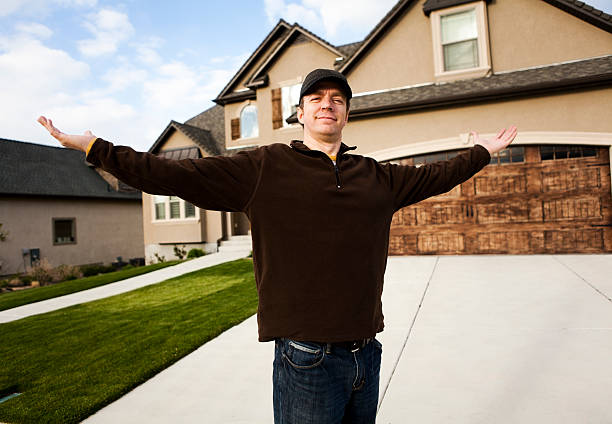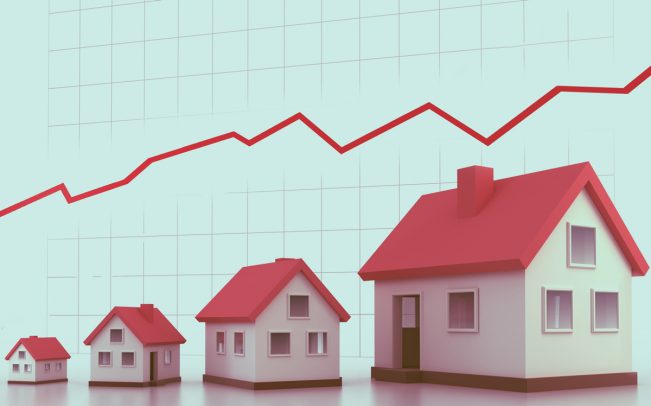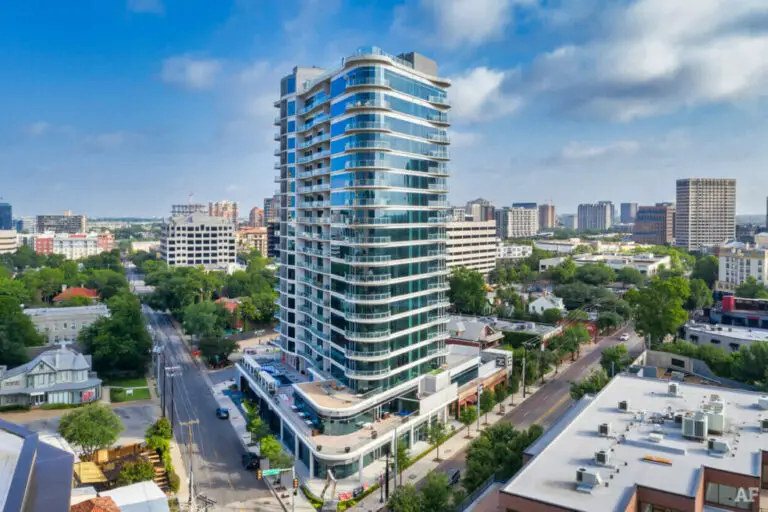How Much House Can I Afford with 100K Salary?

Navigating the real estate market can be daunting, especially when determining how much house you can afford. For individuals or families with a $100K annual salary, understanding your purchasing power is crucial in making an informed decision. This guide will help you unravel the complexities of home affordability and pave the way for a wise investment.
Assessing Your Financial Health
Financial Health and Homeownership
Before diving into numbers, it’s essential to assess your overall financial health. This includes understanding your debt-to-income ratio, credit score, and existing financial obligations. A strong financial foundation not only positions you better for mortgage approvals but also ensures a comfortable and sustainable homeownership experience.
Creating a Budget
Budgeting is key. Allocate your income towards different expenses like utilities, groceries, and leisure, while prioritizing savings and debt repayment. This holistic financial view helps in determining how much mortgage you can realistically handle.
Understanding Mortgage Basics
The Role of Mortgage in Home Buying
A mortgage will likely be your primary tool in purchasing a home. Understanding the types of mortgages, interest rates, and terms is crucial. For a $100K salary, conventional loans might be a comfortable fit, but exploring government-backed options like FHA loans can offer more flexibility.
Down Payment Considerations
The down payment is a significant factor in home affordability. Traditionally, 20% is ideal, but various programs allow lower down payments. However, a smaller down payment often means higher monthly payments and potentially private mortgage insurance (PMI).
Calculating Home Affordability
Home Affordability Calculators
Utilizing online home affordability calculators can provide a quick estimate. These tools consider your income, debts, down payment, and other factors to give an approximate budget range for house hunting.
The 28/36 Rule
A standard rule of thumb is the 28/36 rule. It suggests that your mortgage should not exceed 28% of your gross monthly income, and your total debt shouldn’t surpass 36%. On a $100K salary, this translates to a monthly mortgage payment of around $2,333 and total monthly debts of $3,000.
Considering Additional Costs
Property Taxes and Insurance
Property taxes and homeowners insurance are often overlooked but crucial. These vary based on location and the home itself and should be factored into your overall budget.
Maintenance and Upkeep Costs
Owning a home comes with maintenance responsibilities. Setting aside funds for repairs, renovations, and emergencies is essential for long-term financial stability.
Making the Most of Your Salary
Maximizing Your Earning Potential
While $100K is a strong salary, ensuring you’re maximizing your earning potential through career advancements, side hustles, or investments can provide more flexibility in your home buying budget.
Seeking Professional Advice
Consulting with a financial advisor or a mortgage broker can provide personalized insights and help navigate the complex process. They can offer tailored advice based on your unique financial situation.
The Impact of Market Conditions
Understanding Real Estate Market Trends
Real estate markets fluctuate, and these trends can significantly impact how much house you can afford. In a buyer’s market, your $100K salary might stretch further, potentially affording you a larger or more luxurious home. Conversely, in a seller’s market, you may need to adjust expectations or increase your down payment to remain competitive.
The Importance of Timing
Timing can be everything in real estate. Seasonal trends, interest rate fluctuations, and economic factors should be considered when planning your purchase. Staying informed and flexible can lead to making a more strategic home buying decision.
Exploring Additional Financing Options
The Benefits of Mortgage Pre-Approval
Getting pre-approved for a mortgage can give you a clear picture of what you can afford and strengthens your position as a buyer. It shows sellers that you are serious and financially capable, which can be crucial in competitive markets.
Exploring Government and First-Time Buyer Programs
There are numerous programs available, especially for first-time homebuyers, that can make homeownership more accessible. These programs often offer favorable terms, assistance with down payments, or reduced interest rates.
Long-Term Considerations for Home Buyers
Planning for the Future
When buying a home, it’s important to think long-term. Consider your career trajectory, potential family growth, and lifestyle changes. A home that fits your needs today should also be adaptable to your future plans.
Building Equity and Investment Opportunities
Homeownership is not just about having a place to live; it’s also an investment. Understanding how home equity works and the potential for future property value increases can influence the type of home you decide to buy.
Conclusion
Understanding the balance between your annual income and anticipated housing expenses is crucial when determining what kind of home you can afford. Considering all aspects of homeownership, from monthly mortgage payments to closing costs, ensures a well-rounded financial plan. It’s important to remember that your monthly payment on the house isn’t the only expense. Additional costs such as property taxes, insurance, and maintenance, along with other obligations like car payments, play a significant role in your overall budget. A clear comprehension of these expenses, relative to your income, provides a realistic view of what you can comfortably afford without overextending your finances.
When engaging with mortgage lenders, it’s essential to have a solid understanding of your credit history and its impact on your borrowing potential. Mortgage lenders assess your creditworthiness not just by your annual income, but also by examining your credit history and existing debt, including car payments and any other recurring obligations. This assessment helps determine the terms of your loan and the interest rates you’ll be offered. Therefore, maintaining a good credit score is as important as managing your monthly mortgage payments and other housing expenses. Ultimately, the key to a successful home purchase lies in striking a balance between your dream home aspirations and a realistic financial plan, ensuring a future of stability and comfort.






